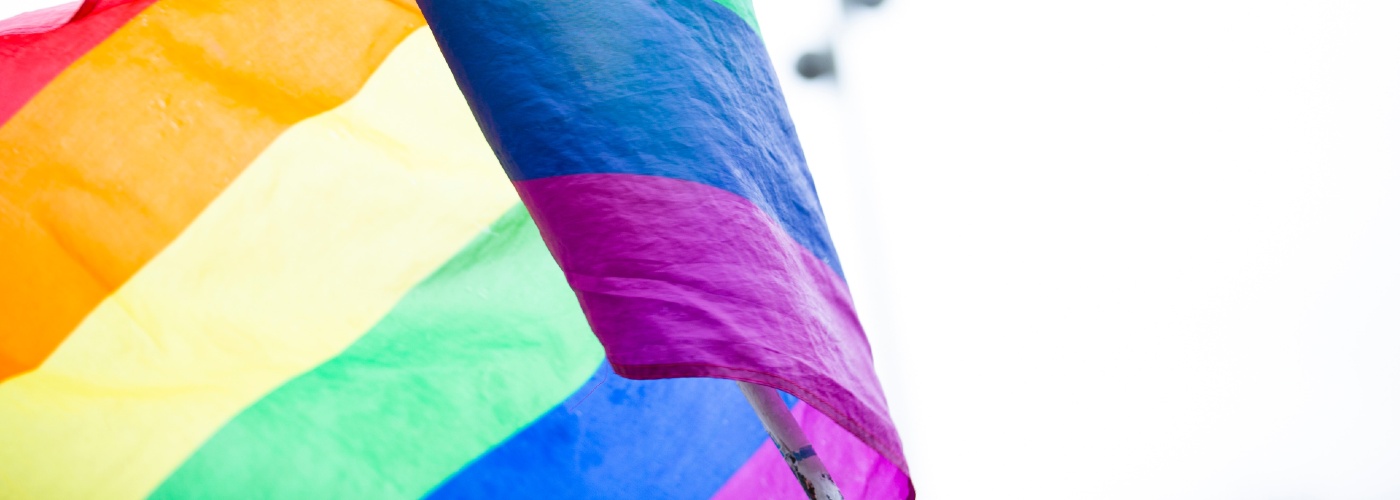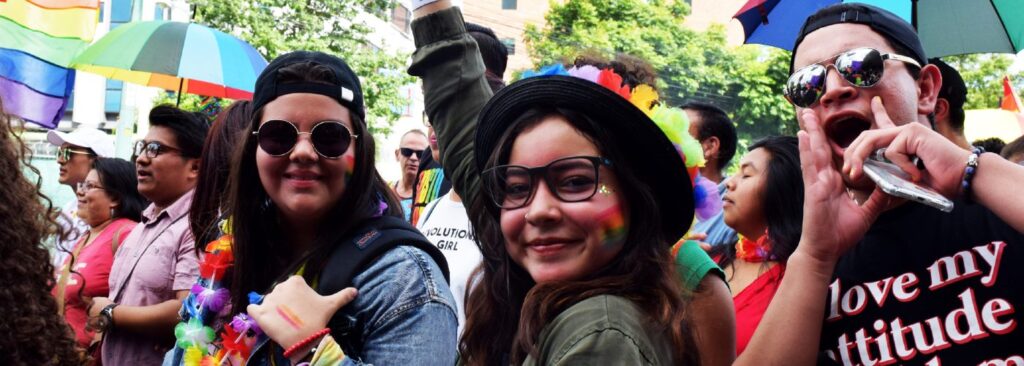By Saida Ali, Global Manager of Hivos’ Free to be Me Program
They set my aunt’s house on fire
I cried the way women on TV do
folding at the middle like a five pound note.
Later that night I held an atlas in my lap
ran my fingers across the whole world
and whispered where does it hurt?
It answered everywhere, everywhere, everywhere.
Excerpt from Warsan Shire’s poem, ‘What They Did Yesterday Afternoon’
Last week, Sheila Adhiambo Lumumba, a non-binary lesbian, was killed in a truly inhumane way. Found dead and gang raped in a place considered to be safe – Sheila’s own apartment.
I have tried to analyze the murder of Sheila from many angles. For example, I am particularly drawn to the concept of freedom. And I see how elusive a term it is for Kenyan sexual and gender minorities. This is simply because our society has yet to come to terms with what ‘freedom’ truly means – and for whom.
The nature of this killing is nothing short of terrorism. I say this inspired by Mona Eltahawy’s essay, ‘The terrorism that is intimate partner violence,’ where she links femicide and lesbicide to terrorism.
Wide-spread violence
Sheila’s cruel demise is yet another instance of violence – and even death – used to silence women who dare defy patriarchy, yet another branding iron that permanently stamps fear on the lives of Kenya’s queer community.
Hate crimes experienced by lesbians, bisexual or transgender women, and other non-binary persons are grounded in the history of male power and control over the female body. The same power that makes them face social, economic and political exclusion, unemployment, and little or no access to quality healthcare, education and housing. Deprived of these opportunities – and often of family support – many LGBTIQ+ individuals are pushed to the outer margins of society.
This wide-spread violence also occurs online. Trolls on social media peddle disinformation and misinformation about sexual and gender minorities. Sadly, as we light a candle for Sheila, many have been quick to downplay this crime because its victim didn’t meet heteronormative standards.
As I joined the hundreds of friends and allies who held a vigil for Sheila, many speakers expressed their fear and anxiety and shared terrifying homophobic and transphobic experiences. But the somber mood didn’t deter us from demanding justice. We cannot allow this loss to be just another statistic swept under the carpet.
#JusticeForSheila
Today, I and my organization, Hivos, applaud the courage of the LGBTIQ+ community in Kenya and join their campaign #JusticeForSheila and #ProtectQueerKenyans to make sure the police investigate the crime properly and arrest the perpetrators.
More importantly, through our Free to be Me Program, Hivos stands in solidarity with rightsholders and will support the #JusticeForSheila campaign as part of our commitment to advance LGBTIQ+ rights.
As we reflect on Sheila’s death, and on the many queer persons who have suffered violence and/or lost their lives in this country, we must remember one thing. What happened to them is the result of power imbalances in society, not individual relationship dynamics or personal antagonism. The violation of one’s bodily autonomy and sexual identity is the very essence of societal inequality. I can only uphold my original thought: rape and any other form of violence targeting those who don’t conform to heteronormative gender norms … is an act of terrorism.


